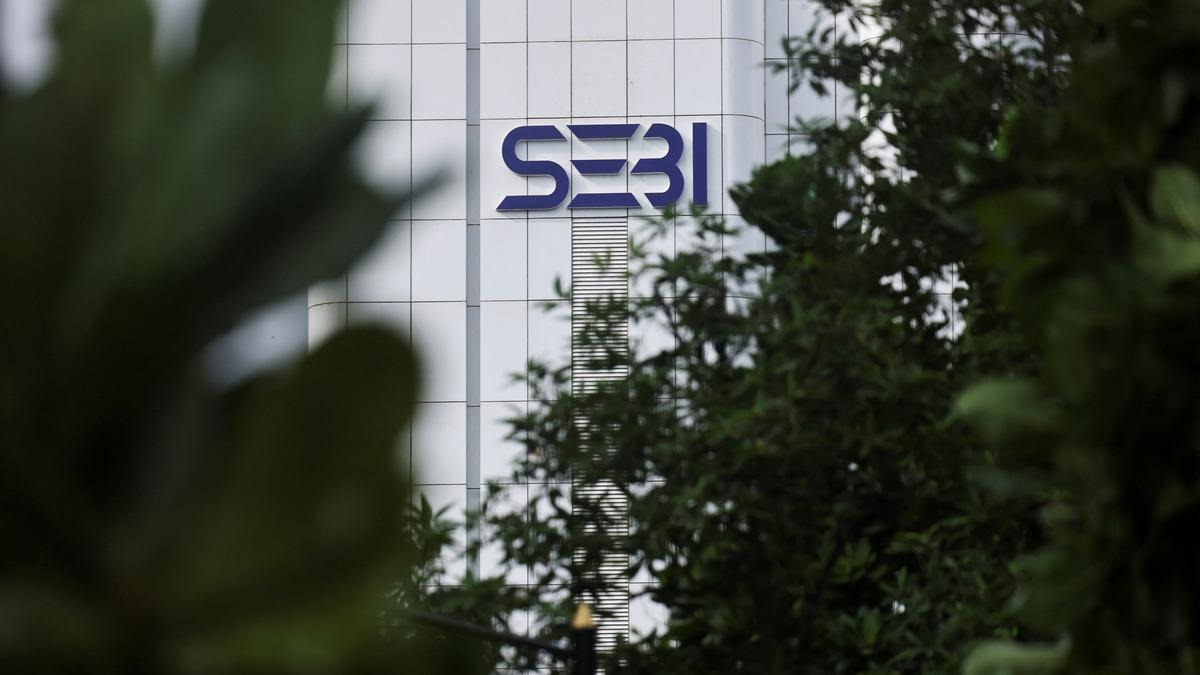Mauritius FPIs Named in Hindenburg Report Challenge SEBI Norms as Jairam Ramesh Reiterates Demand for Probe
Two Mauritius-based foreign portfolio investors (FPIs), Lotus Global Investment and LTS Investment Funds, have filed petitions with the Securities Appellate Tribunal (SAT) seeking urgent relief from complying with the Securities and Exchange Board of India’s (SEBI) new foreign investor norms. This request comes as the September 9 deadline approaches, which mandates these funds to liquidate their holdings that exceed specified thresholds

Background of the Case
The Hindenburg Research report, released in early 2023, raised serious allegations against the Adani Group, implicating several Mauritius-based FPIs in questionable financial practices. In light of these allegations, SEBI introduced stricter regulations requiring FPIs to disclose their beneficial ownership and limit their holdings in Indian companies. The new rules were designed to prevent the circumvention of minimum public shareholding norms and to enhance transparency within the investment framework
Petition Details
The petitions filed by Lotus Global and LTS Investment Funds on August 20, 2024, argue that while they are not in breach of the ownership thresholds set by SEBI, they have not received exemptions from the requirement to provide additional disclosures. As such, they are requesting an extension of the timeline to liquidate their excess holdings, rather than seeking an exemption from disclosures altogether
The SAT is expected to hear these pleas shortly, as the deadline looms. The urgency of the situation has prompted both funds to seek immediate intervention to avoid potential penalties or forced liquidation of their assets
Regulatory Context
SEBI's new regulations were implemented following concerns that FPIs could exploit loopholes to bypass rules regarding minimum public shareholding. The regulations stipulate that FPIs with over 50% exposure in a single corporate group or those holding more than ₹25,000 crore in Indian equities must provide detailed disclosures about their ownership structures
The introduction of these norms has created a challenging environment for some FPIs, particularly those from Mauritius and the Cayman Islands, which previously enjoyed certain exemptions. The regulatory changes have led to a "regulatory flux," as these funds adapt to the new compliance landscape
Implications of the Hindenburg Report
The Hindenburg report has had significant repercussions for the Adani Group and its investors. The allegations of stock manipulation and financial misconduct have prompted calls for greater scrutiny of foreign investments in Indian markets. The involvement of Mauritius-based FPIs in the report has raised questions about the transparency of offshore investments and their impact on the Indian economy.



